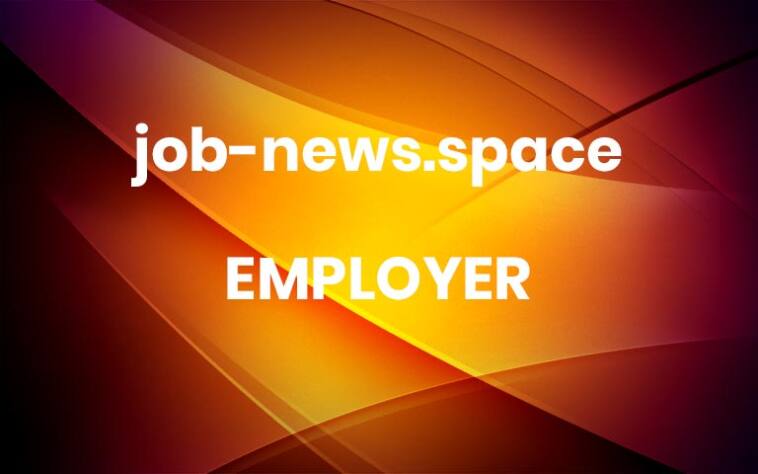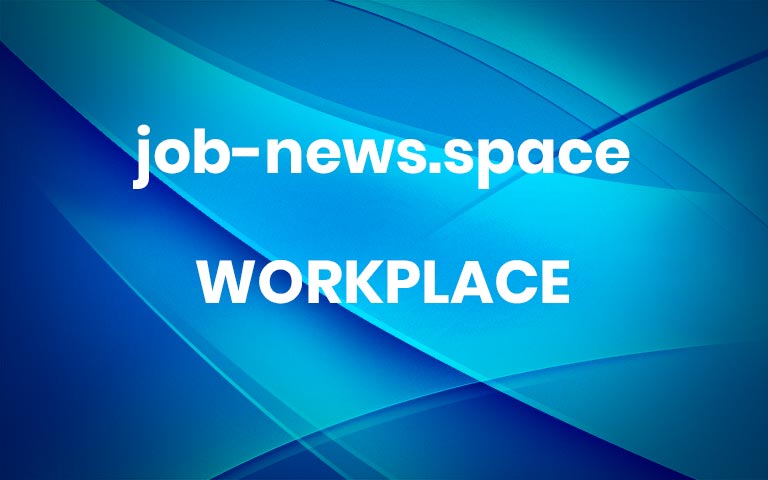Insider Tips for Marketing, Business, Sales, and Advertising Professionals
So you’ve nearly got your degree and you’re ready to make waves in the world of marketing, advertising, business or sales. You’re familiar with concepts like market segmentation and you can break down the pillars of supply chain management and you’ve watched movies like The Wolf of Wall Street and The Social Network more times than you can remember.
What you don’t learn in school or movies, however, is what moves to make as you attempt to breach the world of business and how to make a career for yourself. What we mean by “moves” are the decisions you make regarding the way you present yourself, how you choose to grow and learn, and the mindset you carry with you into your endeavors.
With so much to keep in mind when making this major leap into the professional world, it can become difficult to choose what advice to follow and what to ignore. Instead of leaving it up to AI software and chatbots, we decided to host a virtual event with some real-life employees about what their marketing, advertising, business, and sales departments look for in a candidate.
In our Job Search 101 virtual event, we spoke with Kalina Popova, a Campus Manager at Dell, Madison Ahmadi, a Talent Acquisition Partner at Expedia, Jennifer Voss, the Director of Early Careers Talent Acquisition at Visa, and Tangela Woodley, a Talent Acquisition, Marketing, & Digital Early Careers Manager at L’Oréal. In our conversations, the panelists reveal the tips and tricks needed to succeed in the world of marketing, advertising, business, and sales.
[embedded content]
Don’t Limit Yourself
One of the great things about the marketing and business industry is the variety of roles that exist within it. You could be a copywriter making taglines, a graphic designer creating brand logos, an account manager closing deals and finding new clients, and a whole lot more.
This being the case, it is critical to keep an open mind when you’re trying to decide what kind of role best fits you. In our conversations with experts, Tangela Woodley from L’Oréal sheds some light on just how many different opportunities exist within their marketing department.
From analytics to creative, the world of marketing has opportunities for people interested in all kinds of things, especially at L’Oréal. So when you’re preparing to make your foray into the marketing, business, advertising and sales world, it’s important that you don’t pigeonhole yourself into one subcategory or another!
Follow the 5 Dimensions of Potential
While every company and its employee expectations are bound to be different, L’Oréal has a specific set of criteria that candidates can keep in mind wherever they apply. L’Oréal calls it the five dimensions of potential and with these rules, you can better your chances of succeeding in the world of business.
Whether it’s learning agility or your judgment and decision-making skills, L’Oréal’s Five Dimensions of Potential would apply to numerous top-tier companies and what they’re looking for in employees.
Leaders > Participants
As a company that specializes in helping early-career candidates and college students find jobs, we have seen young professionals make a lot of mistakes. One of the big ones we’ve seen them make is signing up for a club or organization just to get it on your resume.
It doesn’t take much to sign up for a group and show up to a couple of meetings. What does take some effort is actively contributing to these groups and taking on leadership or executive roles. This is something to keep in mind when you mention your involvement in groups and extracurriculars in your applications.
Our suggestion is to be proactive. When you join a group, don’t just be a bystander! Make sure you’re participating and doing things that give you stuff to talk about later on when you start applying for jobs. If you have an idea, speak up! If you feel inspired to take on a position.
You Gotta Have Grit
A lot of people outside the marketing and sales industries perceive it as this glamorous world with photo shoots, hot-shot business people, and high-profile deals. What you don’t see are the challenges and obstacles that marketing professionals face on a daily basis.
Any marketing veteran you meet is likely to have just as many stories about unhappy clients and discouraging rejections as they are to have stories about massive wins and incredibly successful campaigns. And that’s just a part of the business.
This being the case, it is critical that anyone trying to enter the marketing, business, and sales worlds develops a tough chin and plenty of grit.
While Kalina’s anecdote relates to sales, the same thing goes with marketing, advertising, and business. What if you pitch a marketing campaign to a client and they don’t like it? Or propose a solution to your boss that he chops down? Having the grit to face this type of rejection and come back stronger is what will make you successful in the long run.
Take Advantage of Resources
One thing that every one of our panelists in our recent Job Search 101 virtual event agreed upon is the importance of utilizing the resources at your disposal. If you go to college, whether it’s community or Ivy League, chances are there is a career office working to connect the student body with potential employers.
In these offices, work has been done to establish relationships. All you need to do is take advantage of it.
These types of resources are oftentimes free and extremely beneficial, so there really isn’t any reason not to take advantage of them.
Looking for another free resource you can use to score the job of your dreams? Create your account with WayUp and start browsing open roles today or head over to our blog for more career tips and job-search advice! Watch the full session here. More




